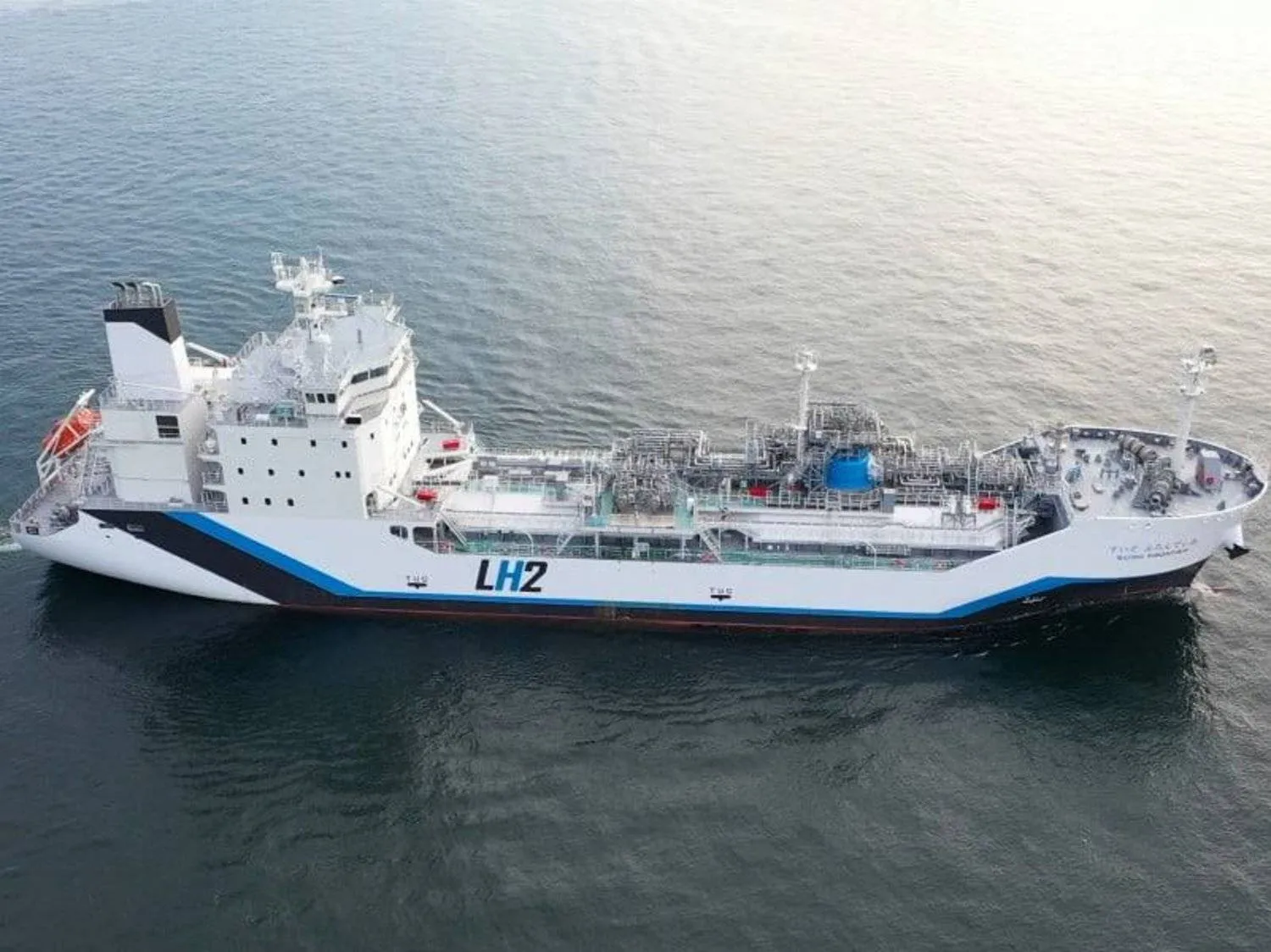Hydrogen Egypt’s Executive Director Khaled Nageib has called upon Egypt and Saudi Arabia to establish the foundations of the hydrogen market in the region.
This is aimed at securing a significant market share in this promising sector, given Europe’s interest in importing energy from Cairo and Asia’s reliance on Riyadh’s energy resources.
Nageib told Asharq Al-Awsat that the integration of Egypt and Saudi Arabia in the hydrogen markets would secure approximately a third of the market share in both the European and Asian markets, amounting to an annual sum ranging from $50 billion to $100 billion over a period of 3 to 5 years.
In 2020, the global hydrogen market was assessed at around $150 billion, with expectations of reaching $600 billion by the year 2050. The value estimated by the head of Hydrogen Egypt currently stands at $200 billion to $300 billion.
Nageib believes that Egypt possesses sustainability in renewable energy production through solar and wind power, in addition to its infrastructure, ports, geographic proximity to Europe, and human resources.
These factors collectively reduce the costs of hydrogen production.
He noted that Europe annually requires 20 million tons of green hydrogen, importing at least 10 million tons from outside the EU, according to the latest European studies.
Moreover, Saudi Arabia possesses sunlight and wind, along with infrastructure, ports, and geographic proximity to Asian countries.
The presence of fossil fuels, which is an essential component for hydrogen production, makes the Kingdom the preferred partner for Asia in purchasing green hydrogen.
Considering that the green hydrogen market is both emerging and promising, the integration of two countries the size of Egypt and Saudi Arabia in this sector ensures a significant share in this market.
This synergy also provides momentum for international agreements and memoranda of understanding regarding green hydrogen production, according to Nageib.









